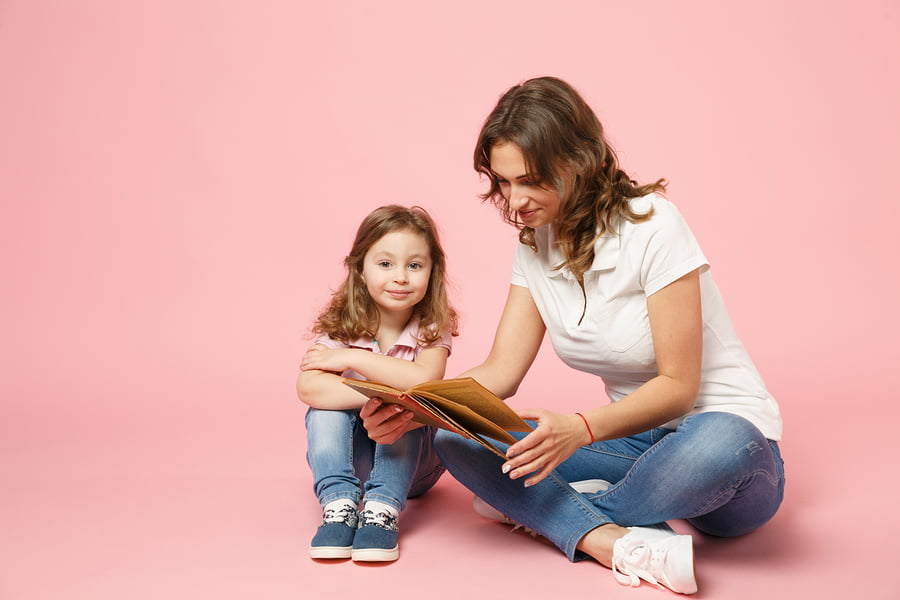Parenting
after separation
Parenting agreements
Parenting after separation isn’t always easy but it doesn’t have to be difficult either.
When it comes to sorting out the finer details of what separation means for each of you, no doubt one of the first things that you will want to put into place is an arrangement where you each get to spend time with your children. But what will parenting after separation look like? Who will the children live with after your separation? What time will they spend with each of you once you have separated?
These are just some of the questions that you will want answered and that the children will need answered. Stability and consistency can be important in helping your children adjust to life after separation and divorce; and as parents you want to give them what they need.
To help with this we have developed a simple guide that covers most of the issues that you need to address when it comes to parenting after separation. We have tried to set out all of the issues and challenges co parents often face when navigating separation and divorce. We want to give you as many insights and tools as we can, to help you and your family achieve the best possible outcome.

What are the different types of PARENTING agreements that you can come up with when parenting after separation?
There are 3 different types of parenting agreements. They are:
- Informal Agreement;
- Parenting Plan; or
- Court Orders.
Let’s explore the difference between the 3.
INFORMAL AGREEMENT
An informal agreement is just that. An agreement that will be made between each of you as parents. This could be a verbal agreement or understanding of what will happen or it might even be in writing. It may change from week to week or it may stay the same for an extended period of time.
There are many separated parents who are able to make an informal agreement like this work.


PARENTING PLAN
The next type of parenting agreement is a parenting plan. For an agreement to be a parenting plan it must meet certain criteria. These criteria are:
- It is a written agreement;
- It concerns parenting matters relating to your children;
- It is made between each of you as the children’s parents;
- It is signed by each of you;
- It is dated.
Whilst a parenting plan is not enforceable it must be considered by a Court before any parenting orders are made in the future. And just to complicate things a little more if there is a court order and then you subsequently enter into a parenting plan – the parenting plan will trump the Court Order.
That being said, parenting plans aren’t bad. They provide a lot of flexibility for you and your children. They give you the opportunity to change the arrangements as time goes on to take into account what your children are doing at that point.
COURT ORDERS OR CONSENT ORDERS
Finally there are Court Orders. Final Court Orders can be made either by consent or by a Judge following a trial.
Final orders are technically going to be in place until your child/ren turn 18 years old. This can be both a good and a bad thing. It provides certainty and security for some and for others it is confining and unforgiving.
As it is a final order, if either of you want to make any changes (which isn’t agreed) then you need to establish that there has been a significant change in circumstances to warrant the matter being reopened by the Court. The mere fact that your children are older and their circumstances have changed is not necessarily going to overcome this.
However, as they are orders they can be enforced by a Court and there are consequences if a party is found to be in breach of the order.

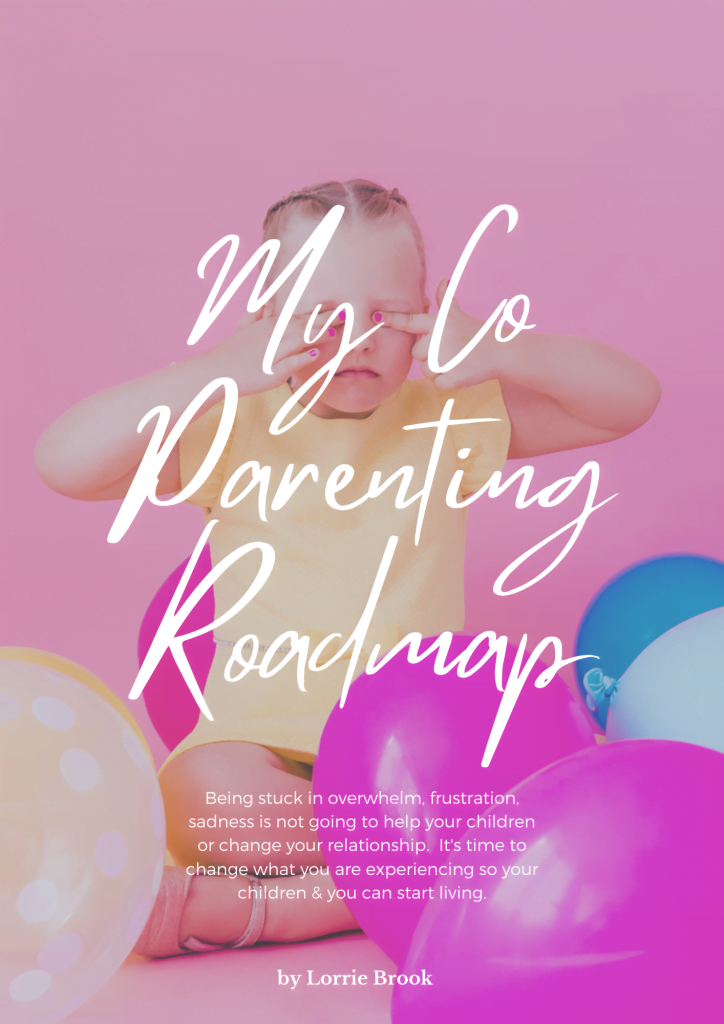
Can we create a parenting agreement ourselves?
Yes you certainly can. And to help you do just that, I have created the Co Parenting Roadmap as it will step you through the different areas you need to consider when parenting after separation to ensure the agreement you come up with works for everyone.
Parenting After Separation & mediation
We know family breakdown and divorce is a stressful time for everyone involved. Using mediation and an expert mediator is a highly effective way of reaching agreement in difficult circumstances. Which helps set the tone for parenting after separation. The mediation process allows people to resolve conflict and agree on a way forward.
During mediation, the mediator will help establish good communication so everyone can clearly express their needs. Then the mediator will apply creative problem solving to help everyone reach an agreement.
Using this process, families will have the opportunity to:
- make their own decisions
- reduce the financial and emotional costs of legal proceedings
- move forward and make a new life
- improve communication and be able to resolve disputes in the future.
The family law act requires parties to make a genuine effort to resolve disputes through family dispute resolution before applying to the courts. Using mediation can help resolve any disagreements and make arrangements for the future without the need to go to court.


THE MEDIATION PROCESS
We are able to offer face-to-face, online or telephone mediations.
When you’re ready to proceed with mediation, get in touch with us to request a family dispute resolution be convened. We will send you our mediation agreement for you to sign.
We will then send an invitation to the other party and organise initial interviews. The final step is the mediation, where ideally everyone will reach agreement.
Where agreement cannot be reached, we will issue a section 60I certificate which is required before an application for a parenting order can be made to the court. This requirement applies even if you have pre-existing orders in relation to the child that is the subject of the current application. In certain circumstances, the court may grant you an exemption from the requirement to file a certificate.
You can download the full mediation process guide below.
CAN CHILDREN BE INCLUDED IN THE MEDIATION PROCESS?
The short answer to this is both yes and no.
Let me give you an example. Let’s talk about Max and Ann; they had two children together. One child was in his teens, and the other was starting school. The separation had not been the nicest, and there was still a lot of hate between them. Unfortunately, Ann and Max were unable to agree on anything. Both Max and Ann stated that the children wanted to live with each of them. It was clear that they wanted the mediation so that the other could hear this. Unfortunately, child inclusive mediation is not appropriate in high conflict situations.
To include children in mediation, you need to be able to listen to your children. It isn’t a tool to “show” the other parent that the children want to live with you over them. This is not the purpose of a child inclusive mediation.
Let’s consider an alternate scenario. This time, Max and Ann wanted their children to attend the mediation to find out how they were feeling and where they could support them. In these circumstances, the mediation process could involve children as Max and Ann are open to hearing what is working for the children and where they can improve as co parents.


what is child inclusive mediation?
Your mediator will decide if Child Inclusive Mediation is right for you and your family. If the mediator believes it is suitable, they will discuss this with you, and then this will allow each of you to make a decision. Importantly you both have to agree for it to proceed.
When children participate there will be two professionals.
The first is the mediator. The second in the Child Inclusive Practitioner. Importantly they cannot be the same person. The roles that they each play are very different. The role of the Child Inclusive Practitioner is to speak to the children and report back about their wishes. They only participate in some, not all of the mediation process. When you receive this information, you then need to finish the mediation knowing the children’s wishes.
From a practical perspective, if the process includes the children, it is conducted with two practitioners – one as your mediator and the other as the Child Inclusive Practitioner. Importantly they cannot be the same person. The roles that they each play are very different. The role of the Child Inclusive Practitioner is to speak to the children and report back about their wishes. They only participate in some, not all of the mediation process. When you receive this information, you then need to finish the mediation knowing the children’s wishes.
With that information shared, you and the other parent are then left with the mediator to conduct the mediation knowing the children’s wishes.
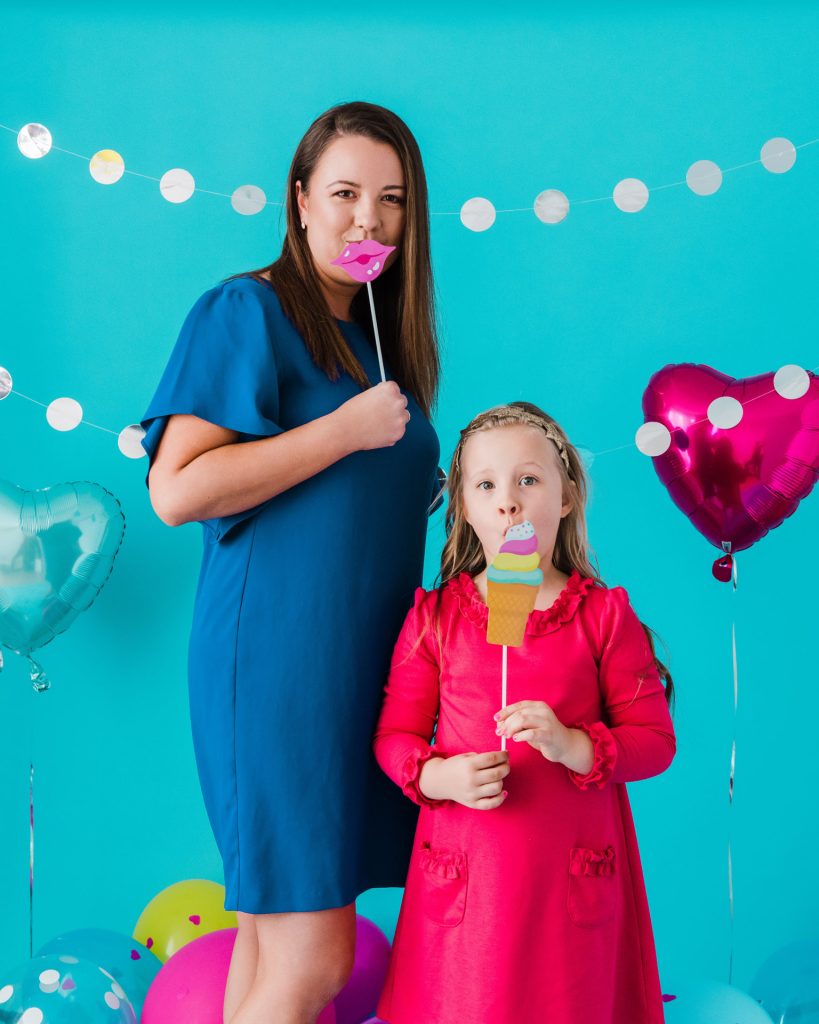
MY STORY
I grew up thinking that I had only one choice in life. Go to school, get a good job, and build a stable life for myself. While this laser focus led me to a high-paying career in my 20s, I soon realised that I didn’t want to live the 9-5 doing the same thing every single day.
I wanted to make more of an impact.
To spend my days doing things that brought me joy.
My career highlighted my passion for children and having spent much of my last 15 years in the Family Law Industry I have seen first hand the impact that conflict has on our kids.
Which is how the Relationship Architect came to be.
If I can help you design your relationships to reduce your conflict, your sleepless nights and time spent going over and over arguments in your heads – imagine how much more quality time you get to spend with your kids and, more importantly the example you get to set in teaching them not only what healthy and quality relationships look like but how conflict can be solved peacefully.
If you’re ready to design relationships that fill you up and enhance your happiness, I am ready to lead the way.
Resources for every stage...
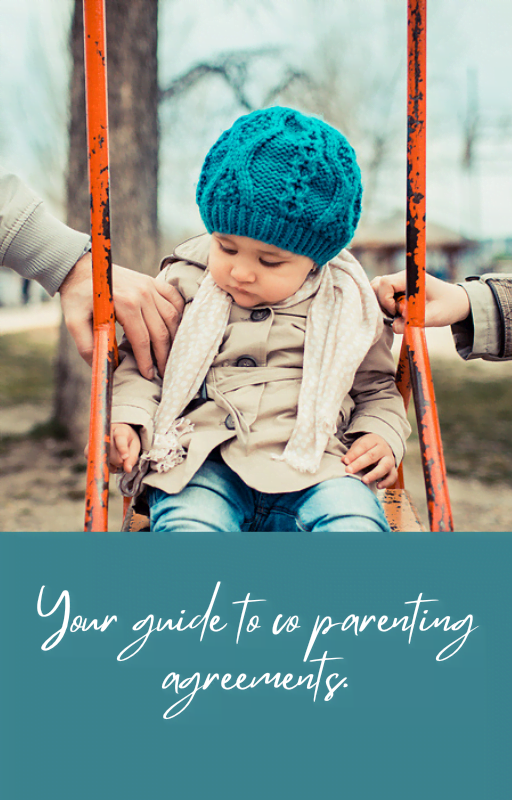
Free Guide to Co Parenting Agreements
This guide sets out most of the issues and challenges co parents often face when navigating separation and divorce.
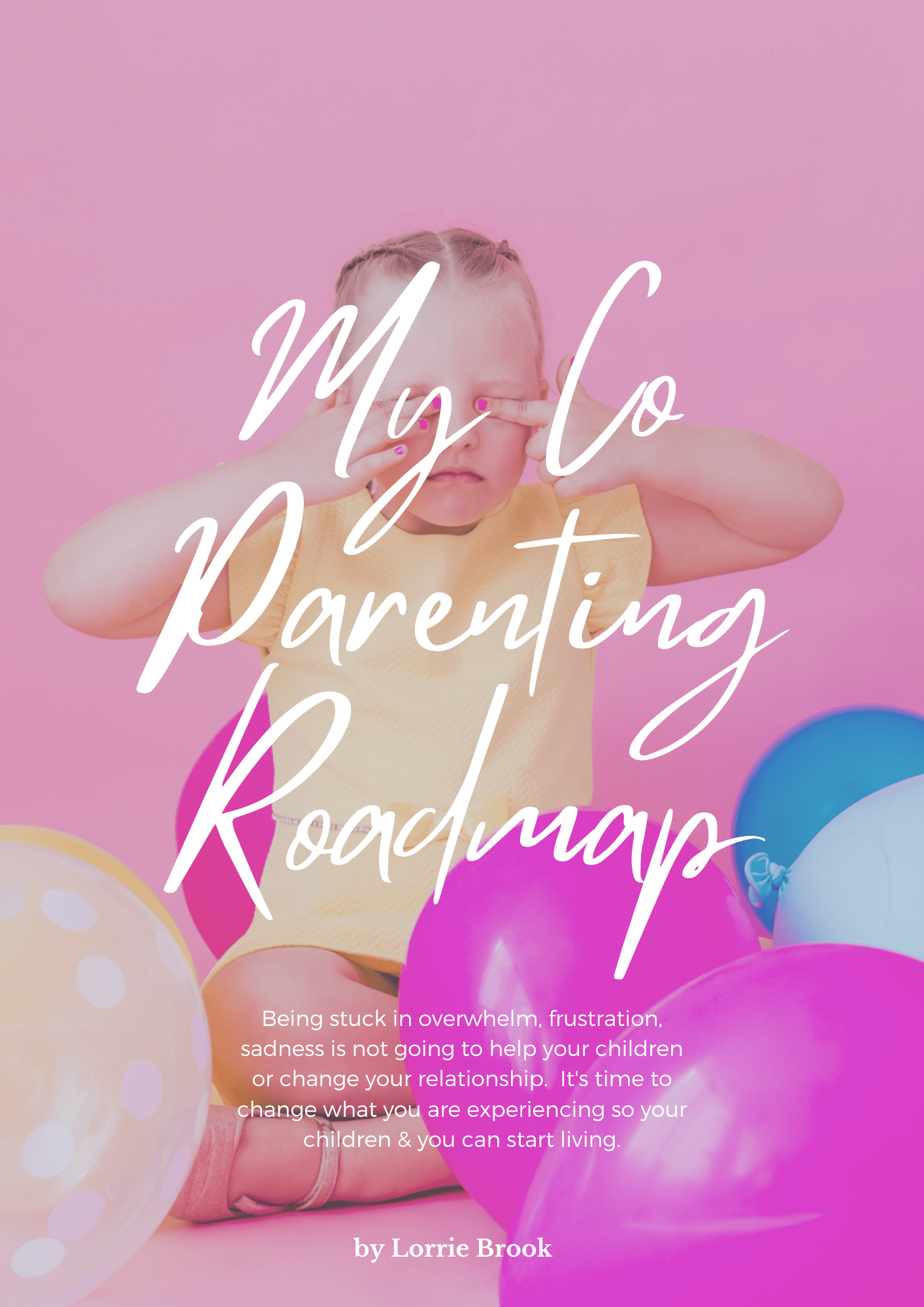
Your Co Parenting Roadmap
A DIY guide to how you can create your own parenting agreement.

Mediation
If you need more support to reach an agreement book a time for us to chat.

